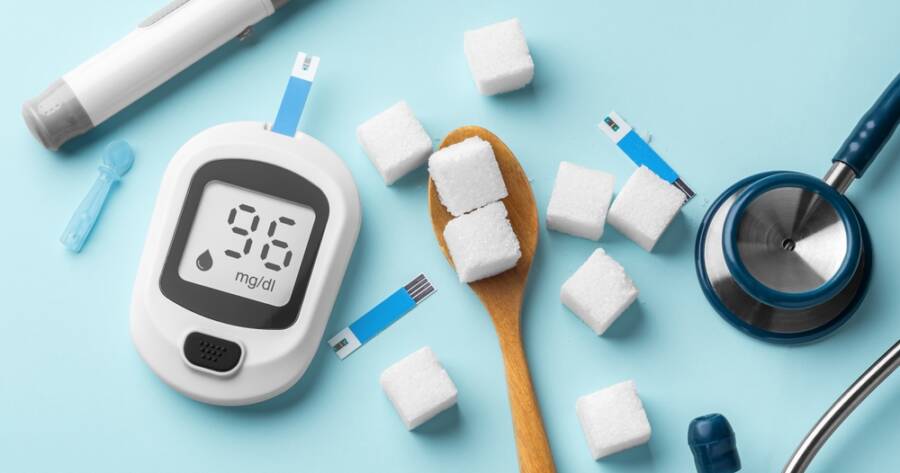Diabetes is a chronic medical condition that affects how the body processes blood sugar (glucose). With millions of people worldwide living with diabetes, understanding its types, symptoms, and modern treatment approaches is crucial for effective management. Advances in medical research have led to improved treatment options, helping individuals maintain better control over their blood sugar levels and overall health.
Types of Diabetes
Type 1 Diabetes
Type 1 diabetes is an autoimmune condition where the immune system mistakenly attacks insulin-producing cells in the pancreas. As a result, the body produces little to no insulin, requiring individuals to manage their condition with insulin therapy. This type of diabetes is typically diagnosed in childhood or adolescence but can develop at any age.
Type 2 Diabetes
Type 2 diabetes occurs when the body becomes resistant to insulin or does not produce enough insulin to regulate blood sugar effectively. This is the most common type of diabetes and is often associated with lifestyle factors such as poor diet, obesity, and lack of physical activity. Unlike type 1 diabetes, type 2 diabetes can sometimes be managed with lifestyle changes, oral medications, or injectable treatments.
Gestational Diabetes
Gestational diabetes develops during pregnancy and usually resolves after childbirth. However, it increases the risk of developing type 2 diabetes later in life. Pregnant women with gestational diabetes require careful monitoring and dietary adjustments to keep blood sugar levels within a healthy range.
Prediabetes
Prediabetes is a condition where blood sugar levels are higher than normal but not high enough to be classified as type 2 diabetes. Individuals with prediabetes are at increased risk of developing type 2 diabetes, but lifestyle modifications such as healthy eating, regular exercise, and weight management can help prevent progression to diabetes.
Symptoms of Diabetes
The symptoms of diabetes vary depending on the type and severity of the condition. Common signs include:
- Frequent urination
- Excessive thirst
- Unexplained weight loss
- Fatigue
- Blurred vision
- Slow healing of cuts and wounds
- Numbness or tingling in hands and feet
In some cases, type 2 diabetes may develop gradually, with mild or no noticeable symptoms for years. Regular health check-ups and blood sugar monitoring are essential for early detection.
Modern Treatment Approaches for Diabetes
Insulin Therapy
For individuals with type 1 diabetes and some with advanced type 2 diabetes, insulin therapy is essential. Modern insulin delivery methods include insulin pens, insulin pumps, and continuous glucose monitoring (CGM) systems, allowing for better glucose control and improved convenience.
Oral Medications
For those with type 2 diabetes, medications such as metformin help improve insulin sensitivity and reduce blood sugar levels. Other oral drugs, including SGLT2 inhibitors and DPP-4 inhibitors, work by enhancing glucose excretion or regulating hormones involved in insulin production.
Injectable Medications
In addition to insulin, some injectable drugs like GLP-1 receptor agonists (e.g., semaglutide and liraglutide) help lower blood sugar levels, promote weight loss, and reduce the risk of cardiovascular disease.
Lifestyle Modifications
Regular physical activity, a balanced diet rich in fiber and low in refined sugars, and weight management play a crucial role in controlling diabetes. Exercise improves insulin sensitivity, while proper nutrition helps prevent blood sugar spikes.
Advanced Technology in Diabetes Management
Recent advancements include artificial pancreas systems, continuous glucose monitors (CGMs), and automated insulin delivery devices. These technologies allow for real-time glucose monitoring and insulin adjustments, providing better control and reducing complications.
Managing Diabetes for a Healthier Future
Diabetes is a complex condition requiring careful management and early intervention. With modern treatment approaches, including insulin therapy, medications, lifestyle changes, and cutting-edge technology, individuals can maintain stable blood sugar levels and improve their quality of life. Early diagnosis and proactive management are key to preventing complications and living well with diabetes.

